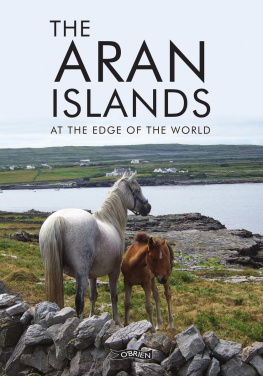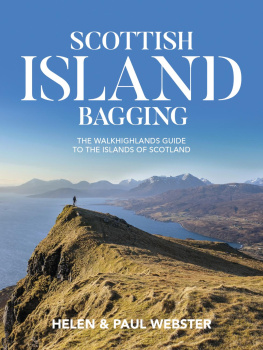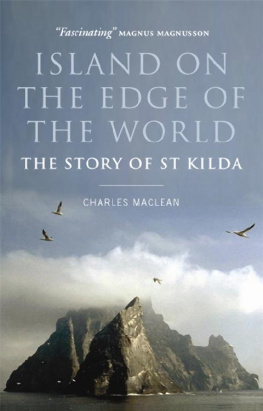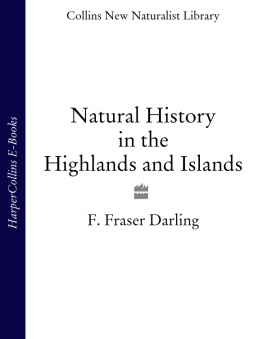C onferences are usually like the proverbial curates egg good in parts. The conference commemorating the 80th Anniversary of the evacuation of St Kilda, and held at Lionacleit, Benbecula, was an outstanding exception to this general rule. Organised superbly by the Islands Book Trust, it was excellent throughout, with a wealth of engagement and illumination, relevant discussion, agreement and (courteous) disagreement and an unforgettable trip to St Kilda for 22 participants on Saturday 14th August. The presence of close relatives of some of the St Kildan population added a special dimension. Neil Ferguson, grandson and namesake of the celebrated postmaster of St Kilda; Mrs Nancy MacDonald, widow of Lachie MacDonald; John MacDonald, son of Calum MacDonald; and Finlay Ross, a descendant of the MacKinnons at No 1, were a constant reminder of the all-important human dimension of these islands, and of the poignancy of evacuation and out-migration from Hirta. The St Kildans were able to provide their own impressions of the island and its people in the course of the conference.
The aims of the conference to examine the various (mis) conceptions which had arisen about the St Kilda archipelago and its people were sketched out by the Chairman, John Randall, in his opening remarks on Wednesday 11th August. The heart of the enquiry focused on the historiography of St Kilda, which, with over 700 books in print, must be regarded as one of the greatest island growth industries of all time. What have been the biases, the assumptions, the unwarranted conclusions, which have shaped writers (and also our own) perspectives? How different was the St Kilda experience from that of the rest of the Hebrides? How does it compare with that of other islands, such as the now (similarly) depopulated Blasket Islands, off the south-west corner of Ireland?
The conference opened in fine style with a paper from the master-genealogist of the Western Isles, Bill Lawson, who raised fascinating questions about the perspectives of authoritative accounts by visitors such as Martin Martin, and also about early St Kildan tales, including the possibility that the natural store of island memory had absorbed and re-rooted stories which may have been imported from Skye when the population of Hirta had to be replenished with Sgitheanaich and Hearaich, following its near elimination by smallpox in the early eighteenth century. Story-telling by twentieth-century St Kildans, who had been recorded by the School of Scottish Studies in the 1950s and 1960s, was the theme of Cathlin Macaulays presentation on Wednesday evening. Hearing St Kildans like Lachie MacDonald telling Gaelic stories, and recounting island practices in Gaelic and English, was deeply moving, as it provided indisputable evidence of the skills of island story-tellers, often thought to have been eliminated by the gloomy post-1800 religion of the St Kildans. Those in the audience with an ear for Gaelic dialects could still hear cadences of Skye and Harris Gaelic in the story-tellers voices. After the recordings, Nancy MacDonald was presented with a certificate making her an Honorary Member of the Islands Book Trust.
Thursdays programme began with an overview of the birdlife and ecology of St Kilda by Dr Richard Luxmoore. Dr Luxmoores fascinating presentation demonstrated the immense significance of St Kilda to North Atlantic birdlife, both as a breeding area and as a sustainer of life, which, while having much in common with other islands, nevertheless accommodated distinctive species or sub-species, including the St Kilda fieldmouse. This was followed by a broad sweep through the pre-history and archaeology of St Kilda, by Susan Bain. With excellent use of slides, she showed the main areas of enquiry of interest to present-day archaelogists, and also demonstrated the fundamental concerns of archaeology as a discipline. Through painstaking excavation, it was possible to identify artefacts and structures which linked St Kilda to the conventions of other islands in the Hebrides, while there were, indeed, points of divergence. The theme of Hebridean similarities was further pursued in the afternoon by Donald Meek in his re-evaluation of the impact of religion, and especially post-1820 evangelical faith, on the St Kildans. Conventionally regarded as dark and repressive, it was not resented by such St Kildans as had written about it from their own perspective (most notably the Rev. Donald John Gillies and Calum MacDonald). In most respects, it was comparable with the form of the evangelical faith in the wider Outer Hebrides. Far from weakening St Kildan society, according to the speaker, it had strengthened it, as it interacted harmoniously, rather than destructively, with their work and culture, despite the regulations which pertained to issues such as Sabbath observance. The recently-published writings of both Donald John Gillies and Calum MacDonald were then examined and set in context by John Randall and John MacDonald, respectively. John Randall emphasised how different Gilliess perspectives on St Kildas birdlife were from those of present-day scientists, while John MacDonald sketched a deeply moving portrait of his father, a St Kilda exile whose family had moved to Harris about 1924. Calum was living latterly in London, but he returned to his native island periodically. On Thursday evening, the focus moved to the portrayal of St Kilda in photographs and lantern slides, with a memorial presentation by Martin Padget on the work of several photographers from Captain Thomas to Robert Atkinson, and by Mark Butterworth on the slides produced by George Washington Wilson and his St Kilda photographer, Norman MacLeod. Mark Butterworths talk was presented by means of a magic lantern, which replicated the means and context of such showings in the late nineteenth and early twentieth centuries.
Fridays presentations were concerned, broadly, with St Kilda in contemporary perspective. Jeff Stone provided a groundbreaking overview of post-evacuation visitors impressions of St Kilda, while Dr David Boddington, with great good humour, recounted several of his adventures while stationed in St Kilda in the 1950s. Wider comparative angles on St Kilda appeared in the afternoon, with a stimulating presentation on the Blasket Islands by Mchal de Mrdha, who showed how the output of Irish literature about the Blaskets had been encouraged by a group of sympathetic scholars who visited the Great Blasket in the early twentieth century. St Kilda, by contrast, had received only ship-borne tourists, with no obvious concern for its Gaelic cultural heritage or for indigenous publications. Bergljot av Skardi, from the Faroe Islands, provided a fine overview of the development of modern Faroese literature. The presence of a Faroese speaker underlined comparisons between the Faroes and St Kilda, which had emerged in the course of the conference. The day was rounded off with a broad-brush discussion of such comparisons (and contrasts).
Hospitality and entertainment, provided by QinetiQ, Lionacleit School, and the Benebecula community, were memorable. So too was the trip to St Kilda on Saturday, which took place in fine weather. For the participants, it brought an outstanding conference to an extremely fitting conclusion. A highlight (among many such) was the launching of a St Kilda mailboat off Boreray by Neil Ferguson, grandson of the last postmaster of St Kilda. The conference was supported by the National Trust for Scotland.

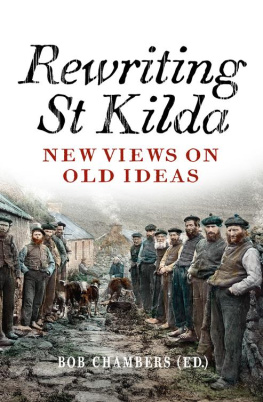
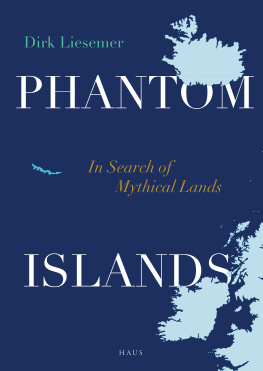
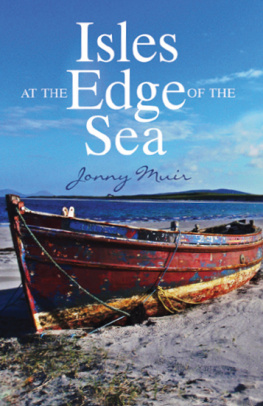
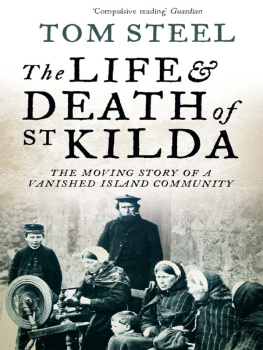

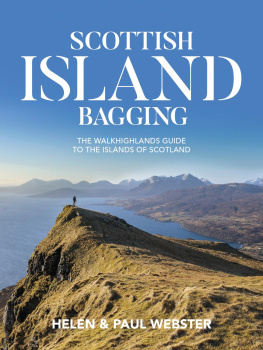

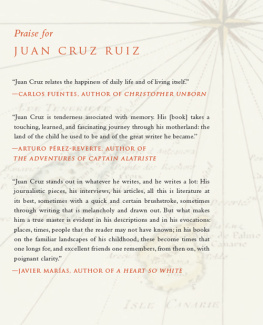
![Greek islands [2018]](/uploads/posts/book/209249/thumbs/greek-islands-2018.jpg)
